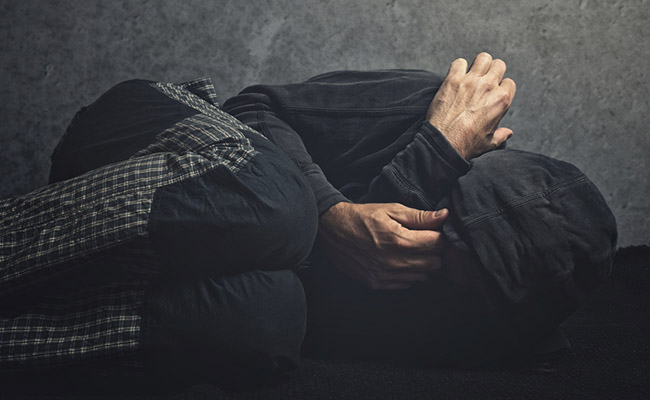Recovering from addiction – Anyone currently going through recovery from drug or alcohol addiction should consider ways of widening their circle of sober friends.
Why are friends needed?
Recovering from addiction is not easy. It will have been drilled into you during rehab just how trying this process can be and that many challenges need to be faced.
Trying to do this alone, or relying on just one or two people to help you through tough times is limiting your ability in terms of advice and encouragement.
Having a healthy cross-section of friends to rely on will give different viewpoints on specific issues. It will also give much needed encouragement that can be the difference between progression, stalling progress, or even relapsing.
Resist the lure:
It is highly likely that friends from your ‘old’ life will include a large percentage of those who either use drugs on a regular basis or drink more than is good for them.
Loneliness can be a huge negative for those going through recovery, but it is important that a person does not allow this fact or the temptation of things ‘familiar’ to lure them back into those circles.
By re-establishing such contacts, a person going through recovery is surely leading themselves towards the temptations of re-starting drug use or drinking again in double-quick time.
Ways to meet new, sober friends:
Here are 3 ways that should be considered when it comes to widening your circle of sober friends.
Join a support group:
By being part of a Recovering from addiction support group, you will quickly understand that you are not alone in your quest to maintain sobriety and improve your all-round well-being.
It will also be clear that the challenges continued recovery bring are felt by others. Honesty in terms of how you and others feel will also be clearly expressed without feelings of embarrassment.
Support groups can also offer solid guidance from others who understand the issues you will face as your recovery progresses.
Volunteer:
Volunteering is an excellent way to make new friends. It will also make you feel far better in yourself by the fact that you are giving something back.
Another big plus is that being part of a volunteer project will keep you busy. A busy and active mind does wonders to keep any negative thoughts and feelings at bay.
Stay balanced:
Self-development is absolutely crucial during recovery from addiction. The more you can nurture and develop all aspects of your personal being, the greater the chance of maintaining a healthy, positive balance. This will include aspects such as:
- Physical health
- Mental health
- Emotional status
- Spiritual feelings
The issue is that you must not allow this self-focus and development to completely overshadow other aspects of your life. You need to work on family life, your employment situation and social responsibilities. By doing so you will continue to feel better all-round while meeting others from all walks of life.
Keeping a proper balance is certainly a challenge, but achieving one is often regarded as the best predictor for long-term sobriety.
CLICK HERE to get a Free confidential assessment or call.














